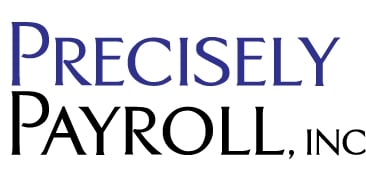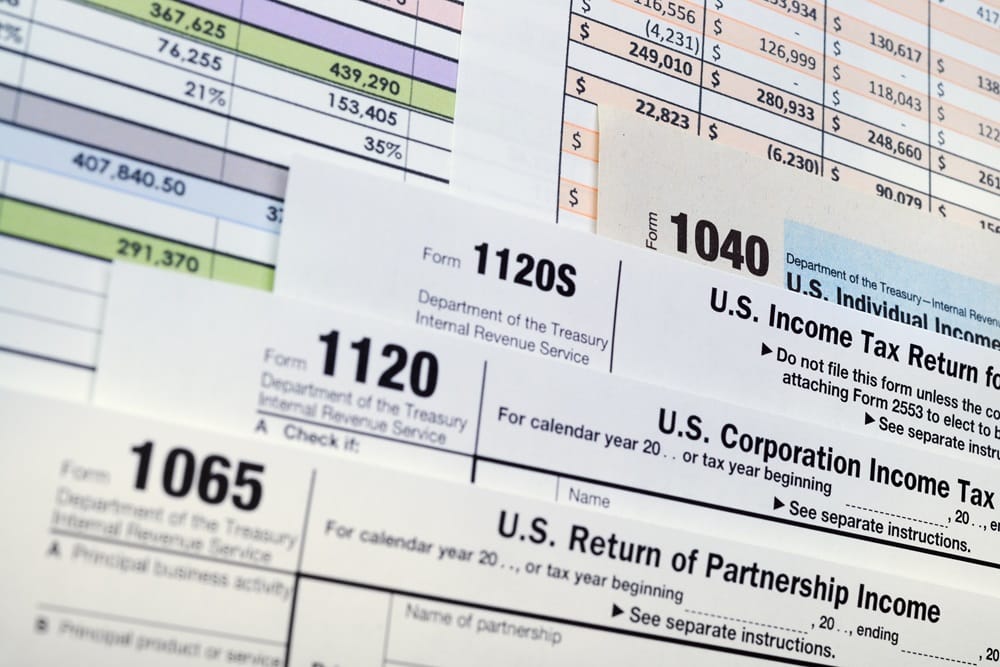One of the most important responsibilities that come with running a business is handling payroll taxes. As an employer, you have the responsibility to collect, report, and pay taxes on behalf of your employees. To properly handle payroll taxes, you need to know what payroll forms you need to collect. These forms are essential in managing payroll taxes and staying compliant with tax laws.
In this blog post, we will discuss the different payroll forms you need to collect for taxes. We’ll also provide you with the information you need to understand what each form is for and when you need to file them.
Payroll Forms to Collect for Taxes
Form W-4: Employee’s Withholding Certificate
Form W-4 is completed by your employees and is used to determine the amount of federal income tax to withhold from their paychecks. The information provided on this form includes the employee’s filing status, number of allowances, and any additional withholding. New employees need to complete the form before their first paycheck.
Form W–2: Wage and Tax Statement
Form W-2 reports the wages, tips, and other compensation paid to an employee during the year, as well as the taxes withheld from their paychecks. You need to provide this form to your employees by January 31st of the following year. You will also need to file the form with the Social Security Administration (SSA) and submit it to the IRS.
Form 940: Employer’s Annual Federal Unemployment (FUTA) Tax Return
Form 940 reports the annual federal unemployment tax you owe. You will need to file this form if you paid wages of $1,500 or more to your employees during any quarter or if you had one or more employees for at least 20 weeks in the current or previous year.
Form 941: Employer’s Quarterly Federal Tax Return
Form 941 reports the taxes withheld from your employees’ paychecks, including federal income tax, Social Security tax, and Medicare tax. You will need to file this form every quarter to report your federal tax liability.
State-specific payroll tax forms
Depending on where your business is located, you may need to file state-specific payroll tax forms. These forms come with different rules, deadlines, and requirements. Make sure to review your state’s payroll tax requirements to ensure you’re compliant.
As an employer, understanding what payroll forms you need to collect can save you from costly tax penalties and headaches. Ensuring that the correct forms are collected and filed is crucial in managing your payroll taxes. Keep in mind that these forms can change, and it’s essential to stay updated with the latest changes in tax laws. Always consult with a tax professional to help you navigate complex payroll tax rules. Remember, keeping up with your payroll tax responsibilities will save you a significant amount of time and avoid major tax issues in the future.
For more information on payroll, contact Precisely Payroll in Bend, Oregon. We provide payroll service, time clock software, background checks, and more! Contact us today online or give us a call at (541) 317-0100.

